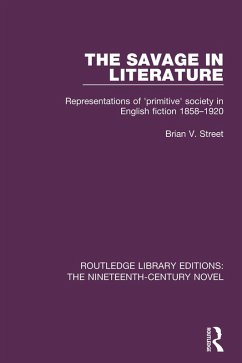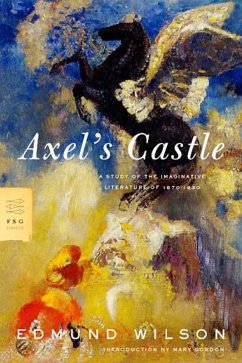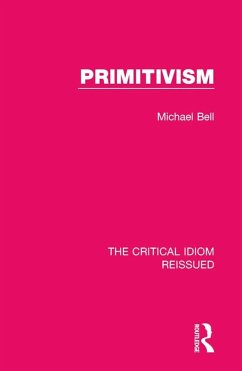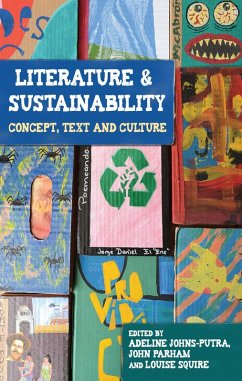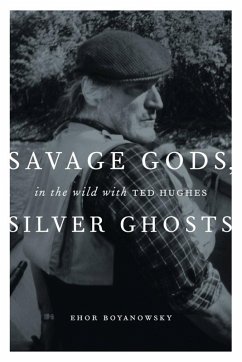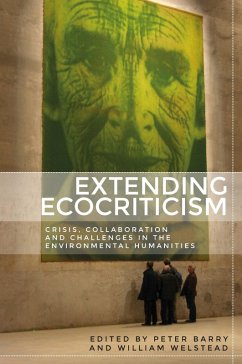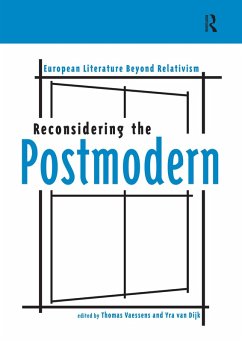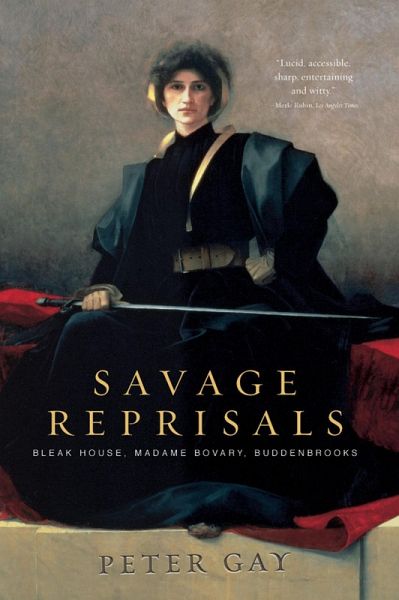
Savage Reprisals (eBook, ePUB)
Bleak House, Madame Bovary, Buddenbrooks

PAYBACK Punkte
5 °P sammeln!
A revelatory work that examines the intricate relationship between history and literature, truth and fictionwith some surprising conclusions. Focusing on three literary masterpiecesCharles Dickens's Bleak House (1853), Gustave Flaubert's Madame Bovary (1857), and Thomas Mann's Buddenbrooks (1901)Peter Gay, a leading cultural historian, demonstrates that there is more than one way to read a novel. Typically, readers believe that fiction, especially the Realist novels that dominated Western culture for most of the nineteenth century and beyond, is based on historical truth and that great novels ...
A revelatory work that examines the intricate relationship between history and literature, truth and fictionwith some surprising conclusions.
Focusing on three literary masterpiecesCharles Dickens's Bleak House (1853), Gustave Flaubert's Madame Bovary (1857), and Thomas Mann's Buddenbrooks (1901)Peter Gay, a leading cultural historian, demonstrates that there is more than one way to read a novel.
Typically, readers believe that fiction, especially the Realist novels that dominated Western culture for most of the nineteenth century and beyond, is based on historical truth and that great novels possess a documentary value. That trust, Gay brilliantly shows, is misplaced; novels take their own path to reality. Using Dickens, Flaubert, and Mann as his examples, Gay explores their world, their craftsmanship, and their minds. In the process, he discovers that all three share one overriding quality: a resentment and rage against the society that sustains the novel itself. Using their stylish writing as a form of revenge, they deal out savage reprisals, which have become part of our Western literary canon. A New York Times Notable Book and a Best Book of 2002.
Focusing on three literary masterpiecesCharles Dickens's Bleak House (1853), Gustave Flaubert's Madame Bovary (1857), and Thomas Mann's Buddenbrooks (1901)Peter Gay, a leading cultural historian, demonstrates that there is more than one way to read a novel.
Typically, readers believe that fiction, especially the Realist novels that dominated Western culture for most of the nineteenth century and beyond, is based on historical truth and that great novels possess a documentary value. That trust, Gay brilliantly shows, is misplaced; novels take their own path to reality. Using Dickens, Flaubert, and Mann as his examples, Gay explores their world, their craftsmanship, and their minds. In the process, he discovers that all three share one overriding quality: a resentment and rage against the society that sustains the novel itself. Using their stylish writing as a form of revenge, they deal out savage reprisals, which have become part of our Western literary canon. A New York Times Notable Book and a Best Book of 2002.
Dieser Download kann aus rechtlichen Gründen nur mit Rechnungsadresse in A, D ausgeliefert werden.




